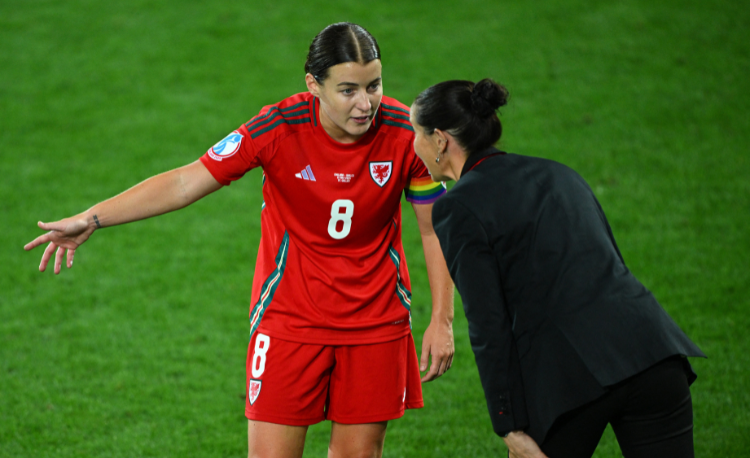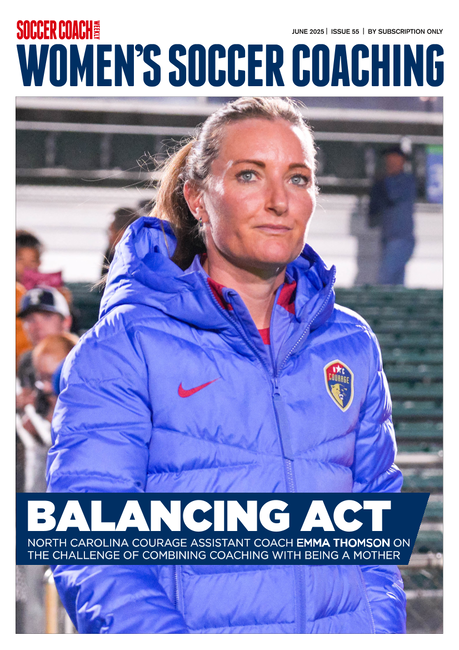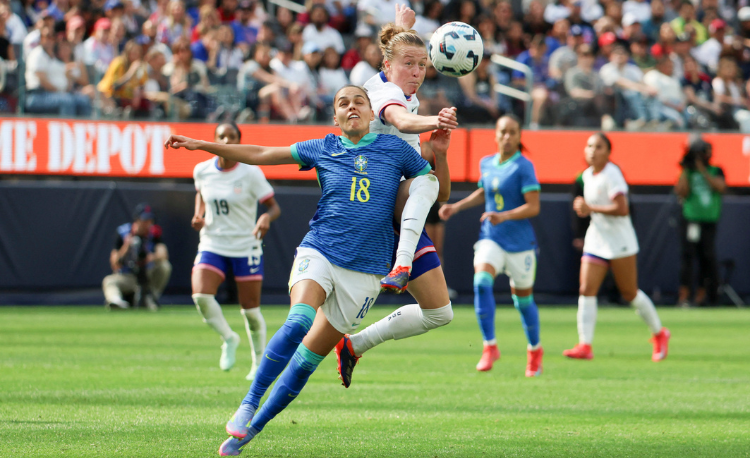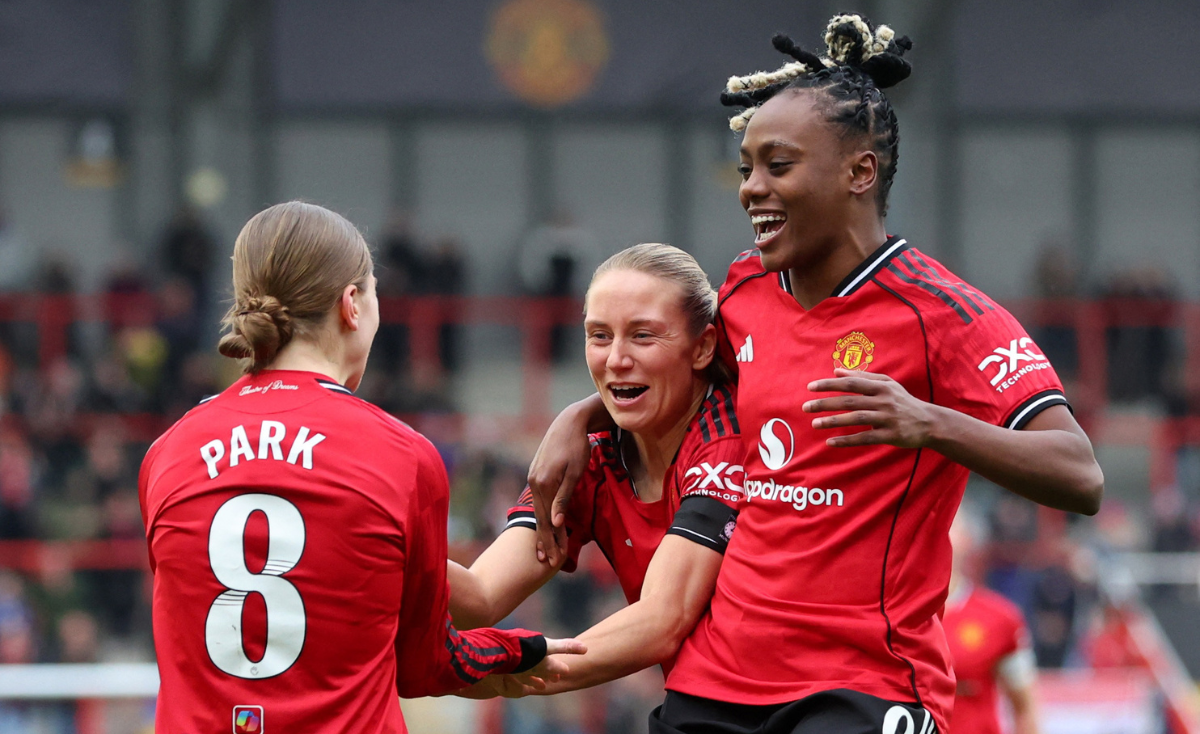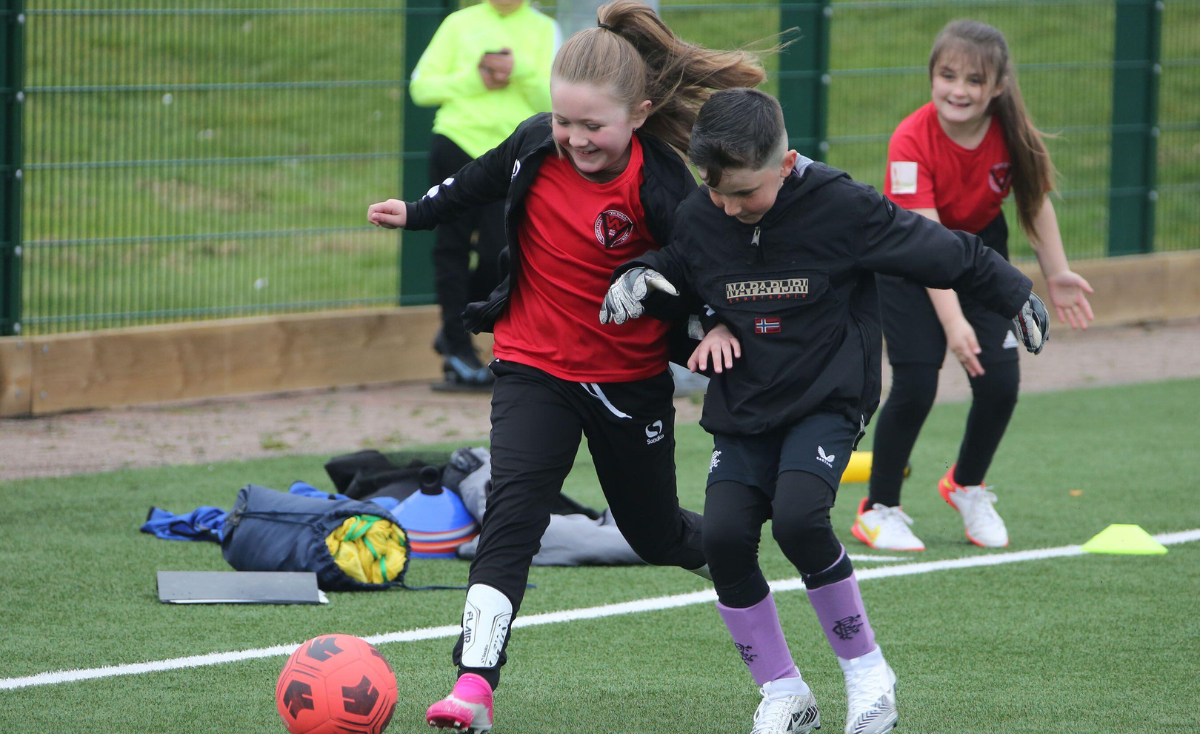You are viewing
1 of your 3 free articles
How open communication builds healthy teams
Psychotherapist Daniela Osu offers tips on how to use communication to make your players feel seen and, as a result, be equipped to perform at their best
The start of a new football season is full of possibility. For players, coaches and staff alike, it’s a time of fresh energy, new line-ups and often, unfamiliar faces.
But while new beginnings can bring excitement, they can also stir up uncertainty, especially when communication is patchy or assumptions go unchallenged. In my work as a psychotherapist, I’ve seen how clear, open conversations early in the season can be the foundation of a resilient, connected and high-performing team.
Pre-season sets the tone. It’s when team culture takes shape, whether by design or by default. When people don’t feel sure of their place or how things work, silence tends to fill the gaps. And silence breeds guesswork. I’ve worked with players who, after just a few training sessions, felt they were already ’on the outside,’ not because anyone had said or done something harmful, but because no one had said anything meaningful at all.
Take Anna*, a midfielder I worked with who had just moved clubs. She was highly skilled and motivated, but after two weeks of training, she began to doubt herself. “I don’t think the coaches rate me,” she said. “They haven’t said anything.” In reality, they did rate her, they just assumed she knew.
One brief conversation turned everything around: “We brought you here for a reason: we’re excited to have you.” That small, early conversation gave her the confidence to step up. (*Name changed for confidentiality).
In CBT (Cognitive Behaviour Therapy), we talk a lot about how our thoughts affect our feelings and behaviours. When the environment feels unclear or unpredictable, our brains often default to worst-case thinking. “They think I’m not good enough.” “I don’t belong here.” These assumptions, however inaccurate, can become internal narratives that hold players back from expressing themselves fully, both on and off the pitch.
This is where psychological safety comes in. When people feel safe to speak up without fear of judgment or punishment, the entire team benefits. Confidence grows. People ask questions, admit mistakes and try new things. It’s not just about kindness; it’s a competitive advantage.
One challenge I often hear about, especially in women’s football, is the “clique culture” that can form, sometimes unintentionally. Friendships within a team are natural and valuable, but when they become exclusive or intimidating, they send a quiet message: You’re not one of us. Cliques are often less about malice and more about comfort. Players stick with what’s familiar. But the impact on newcomers can be significant.
Even simple efforts like rotating room assignments during away games, encouraging mixed pairings in practices, or leaders initiating conversations with quieter team-mates can soften those invisible boundaries and foster inclusion.
Coaches and staff set the emotional tone for the season. The way you communicate in those first days, how you introduce new players, how you respond to questions, whether you make space for quiet voices, can shape whether the team leans into connection or retreats into silos. Asking instead of assuming, naming the awkwardness if the group feels cliquey and inviting feedback regularly can go a long way. Players are more likely to speak up when they know their views are welcome and won’t be dismissed.
If you’re a player, especially a new one, it’s easy to fall into the trap of waiting to be ’chosen’ - for a chat, for a friendship, for a leadership role. But communication is a two-way game. Asking for clarity, offering encouragement, or simply starting a conversation can create the very openness you’re hoping to receive.
From a CBT perspective, it’s important to challenge unhelpful beliefs like: “If I say something, they’ll think I’m needy.” In truth, most people appreciate someone who’s willing to connect and be real. You might discover you’re both navigating the same questions.
You don’t need a team-wide meeting to start building openness. Small moments, like checking in with someone new, asking a team-mate what they need to feel supported, or thanking someone for useful feedback, might feel small but they’re the glue that holds a healthy team culture together.
A strong team isn’t built on talent alone; it’s built on trust. And trust begins with honest, early communication. By creating space for real conversations, especially at the start of the season, you help shape a culture where people feel valued, understood and ready to perform at their best. Because when people feel seen, they show up fully.
And that’s when the real magic happens - on and off the pitch.
Related Files
Newsletter Sign Up
Newsletter Sign Up
Discover the simple way to become a more effective, more successful soccer coach
In a recent survey 89% of subscribers said Women's Soccer Coaching makes them more confident, 91% said Women's Soccer Coaching makes them a more effective coach and 93% said Women's Soccer Coaching makes them more inspired.
*includes 3 coaching manuals
Get Inspired
All the latest techniques and approaches
Women's Soccer Coaching offers proven and easy to use soccer drills, coaching sessions, practice plans, small-sided games, warm-ups, training tips and advice.
We've been at the cutting edge of soccer coaching since we launched Soccer Coach Weekly in 2007, creating resources for the grassroots youth coach, following best practice from around the world and insights from the professional game.
